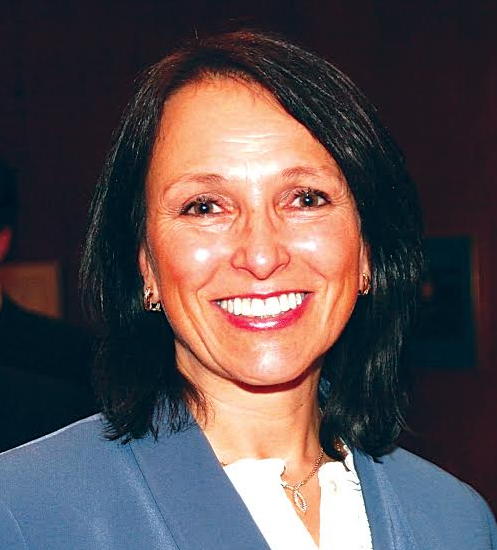Chuck Otey’s Pro Bono Barrister for Oct. 20

Free Legal Advice: Oct. 26 BBA Law Foundation Experts’ Topic — ‘Aging in Community … How to Plan Ahead’
For several years now, the Brooklyn Bar Association (BBA) Law Foundation has been helping the profession put its best legal foot forward through a series of lectures and seminars geared toward providing necessary information on a number of topics.
Sometimes the foundation has dealt with the intricacies and challenges of Housing Court or domestic violence law. Led by President Fern Finkel, other programs have focused in on the continuing problems presented by the epic number of real estate foreclosures that have placed undue hardships on thousands throughout this borough.

Brooklyn Boro
View MoreNew York City’s most populous borough, Brooklyn, is home to nearly 2.6 million residents. If Brooklyn were an independent city it would be the fourth largest city in the United States. While Brooklyn has become the epitome of ‘cool and hip’ in recent years, for those that were born here, raised families here and improved communities over the years, Brooklyn has never been ‘uncool’.